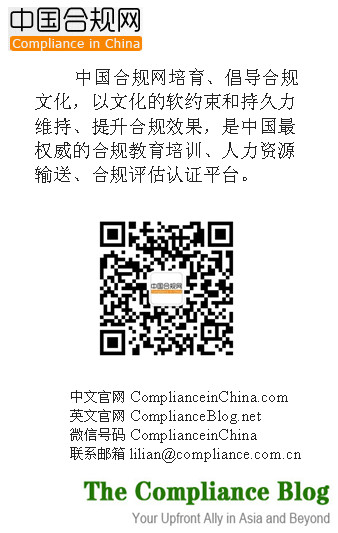
In China criminal legal system, there is the exclusion rule of illegally obtained evidence (the “Exclusionary Rule”). According to Article 18 of the Decision of the National People’s Congress on Amending the Criminal Procedure Law of the People’s Republic of China (the “Decision”) that was promulgated on March 14, 2012, “A confession of a criminal suspect or defendant extorted by torture or obtained by other illegal means and a witness or victim statement obtained by violence, threat, or other illegal means shall be excluded. If any physical or documentary evidence is not gathered under the statutory procedure, which may seriously affect justice, correction or justification shall be provided; otherwise, such evidence shall be excluded.” Although the Decision came into force on January 1, 2013, the Exclusionary Rule had long been an existing rule before January 1, 2013. For example, the Provisions on Several Issues Concerning the Exclusion of Illegal Evidence in Criminal Cases (2010) contained the similar provisions of the Decision.
By the Exclusionary Rule, if police obtain evidence through illegal means, then that evidence is tainted. The evidence cannot be used in a court of law. It seems that there is no difference between China and the U.S. as far as the Exclusion Rule is concerned. However, there is great room for improvement to enforce the Exclusion Rule in China as evidenced in the case against Xie Yalong, former vice-chairman of the Chinese Football Association, and the director of the Chinese Football Management Centre.
Xie was arrested for accepting bribes in exchange for manipulating soccer games in 2010. Xie was prosecuted and tried in April that year. In the trial, which took place during the anti-gambling, crackdown on crimes campaign of 2011, he claimed he was guilty, but not as a corrupt official. On April 24, 2012, in the Intermediate Court of Dan Dong, Xie alleged he was tortured and forced to confess during the investigation. His lawyer accordingly applied to exclude the illegally obtained evidence.
The legal basis for the application is Article 5 of the Provisions on Several Issues Concerning the Exclusion of Illegal Evidence in Criminal Cases (2010) (as above mentioned), which provides: “Before the commencement of the trial or during the trial, if the defendant and his lawyer allege that the pre-trial statements of the defendant are obtained through illegal means, after the public prosecutor has read out the bill of indictment, the court shall first conduct investigations in the court.” If the alleged facts are confirmed by investigation, the court shall refuse to adopt the evidence collected by the police department using torture. However, the Intermediate Court of Dan Dong did not conduct hearings into the evidence despite the application of Xie’s lawyer. On the contrary, Xie’s statement was defined as the “withdrawal of a confession,” which rendered the previous voluntary surrender that could have led to a lighter sentence invalid.
__________________
* Licensed in the PRC and the New York State of the U.S., Henry Chen, the author, is a Shanghai-based partner at MWE China Law Offices in stratetic alliance with McDermott Will and Emery.
Henry has extensive experience representing enterprises in administrative and criminal investigations of alleged commercial bribery cases; providing counsel for the investigation of employee misconducts; helping clients conduct pre-merger due diligence investigations and post-merger integrations; providing training and seminars in Chinese and English to the employees of MNCs regarding anti-corruption and bribery pitfalls; providing FCPA investigations and auditing for the presence of American companies in China and for companies listed in the U.S.; helping companies update and strengthen their internal anti-corruption compliance programs and controls and tailoring them to the unique features of Asian markets.
Henry’s research about FCPA enforcement and Chinese anti-bribery and -corruption law has been published or quoted in leading publications, including the Bloomberg Asia Pacific Law Report, Wall Street Journal, China Law & Practice and ALB. Henry is also the host of Linkedin groups: "Compliance in China” and “Anti-Corruption Compliance Asia.”
Henry is available at henrychen@mwechinalaw.com






